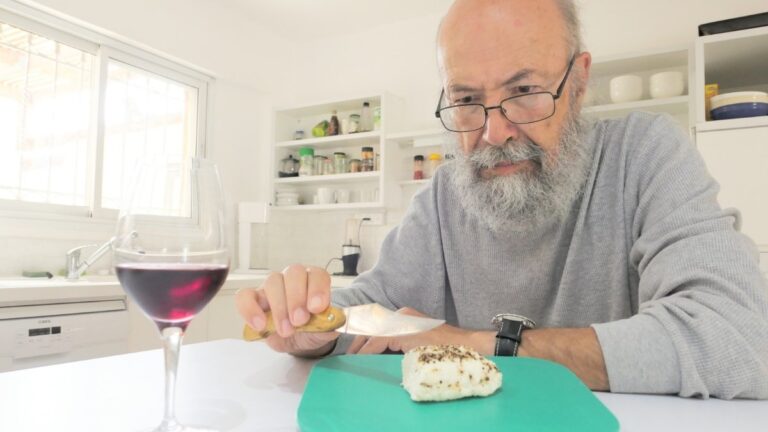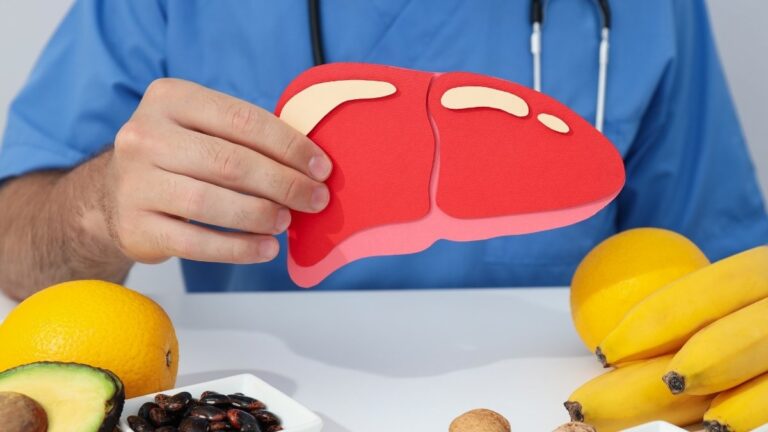15 Foods That Help Prevent Cancer in Your 40s and 50s
After 30, your cancer risk begins climbing steadily, but your fork can be your first line of defense. Most adults know cancer risk increases with age but don’t know which specific cancer prevention foods after 30 can help reduce that risk during these critical decades.
The good news? Research shows that incorporating the right cancer fighting foods into your daily routine can significantly impact your long-term health outcomes.
In this comprehensive guide, you’ll discover 15 evidence-based foods for your anti-cancer diet, learn exactly how they protect your body, and get practical strategies to incorporate them into your meals starting today.
How to Incorporate These Foods Into Your Daily Diet
Cancer Prevention Through Diet
Small daily choices compound over decades – Start your protective journey today
🛡️ The Power of Prevention
Research-backed statistics on diet and cancer prevention
🥬 15 Cancer-Fighting Superfoods
How to prepare them, daily servings, and easy meal ideas
📅 Weekly Meal Prep Success Plan
Smart planning strategies that save time and boost nutrition
Cook brown rice/quinoa in bulk. Roast mixed vegetables. Wash and portion berries. Prepare overnight oats.
Use roasted vegetables in scrambled eggs. Pack nuts for snacking. Prepare green tea in the morning.
Blend berries into smoothies with spinach. Toss grains with beans for quick salad.
Use remaining prepped ingredients. Plan next week’s colorful shopping list.
⚠️ Foods to Limit for Cancer Prevention
Understanding cancer risk factors in your diet
Processed Meats
Bacon, sausages, deli meats. Replace with grilled chicken, turkey, or plant-based options.
High cancer risk – limit to special occasionsAlcohol
Even small amounts increase breast, liver, and mouth cancer risk. Limit to 1 drink/day for women, 2 for men.
Moderate risk – less is betterUltra-Processed Foods
Long ingredient lists, artificial additives. Choose whole foods with 5 or fewer recognizable ingredients.
High inflammation risk – read labels carefullyHigh-Sugar Foods
Soda, candy, baked goods with added sugar. Natural fruit sugars are different – they come with fiber.
Feeds inflammation – choose natural sugars🎯 Your Next Steps
Start your cancer prevention journey this week
💡 Pro Tip
Pick 2-3 foods you actually enjoy eating. A sustainable diet you stick with beats a perfect plan you abandon.
Remember: Small changes compound over decades
Every healthy choice you make today is an investment in your future health. Start with one food this week!
Your body changes after 30. Your metabolism slows down. Your cells face more damage from daily life. But here’s good news: the right foods can help protect you.
Research shows certain foods contain powerful compounds that may help prevent cancer. These aren’t miracle cures. They’re everyday foods that work best as part of a healthy lifestyle.
Important: This information supports your overall health plan. Always talk to your doctor about cancer prevention strategies that work for you.
1. Cruciferous Vegetables (Broccoli, Cauliflower, Brussels Sprouts)
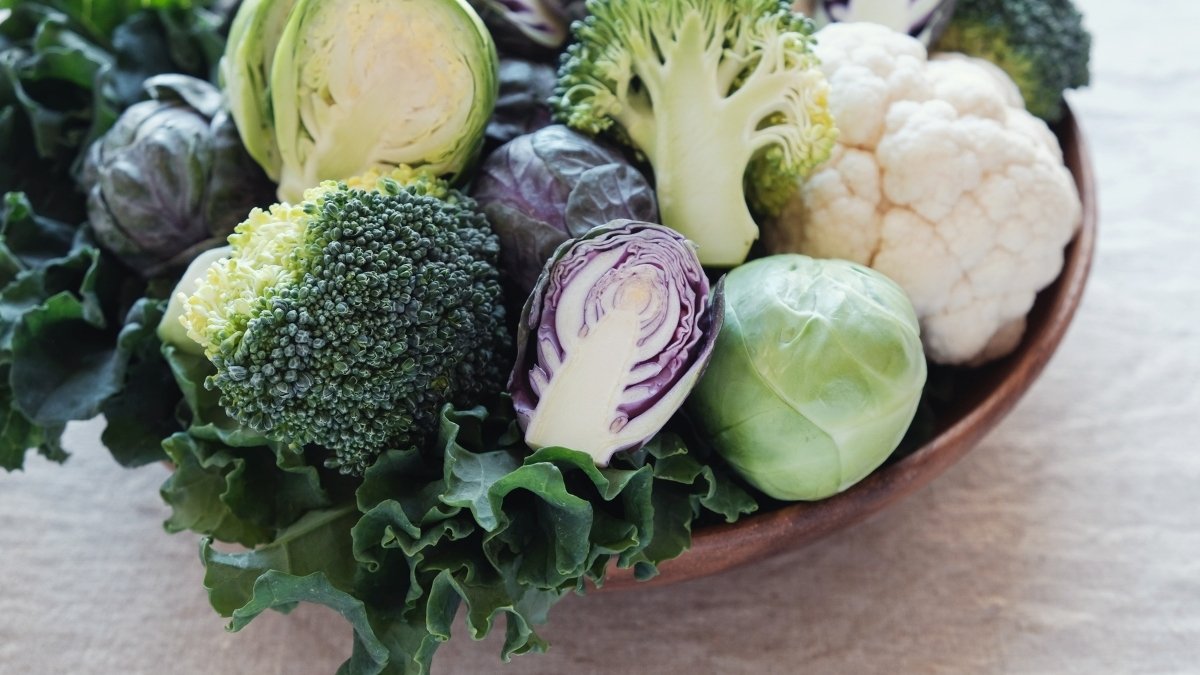
These vegetables pack a punch against cancer cells. They contain sulforaphane and indole-3-carbinol. These compounds help your body remove harmful toxins.
Studies show people who eat cruciferous vegetables regularly have lower rates of lung, breast, and colon cancers. The National Cancer Institute found that eating these vegetables 3-5 times per week may cut cancer risk by 30-40%.
How to prepare them: Steam lightly for 3-4 minutes. This keeps the cancer-fighting compounds active. Roasting works too – toss with olive oil and garlic.
Daily serving: Aim for 1-2 cups of raw vegetables or 1/2 cup cooked.
Easy meal ideas: Add chopped broccoli to pasta. Mix cauliflower rice into stir-fries. Shred Brussels sprouts for salads.
2. Berries (Blueberries, Blackberries, Raspberries)
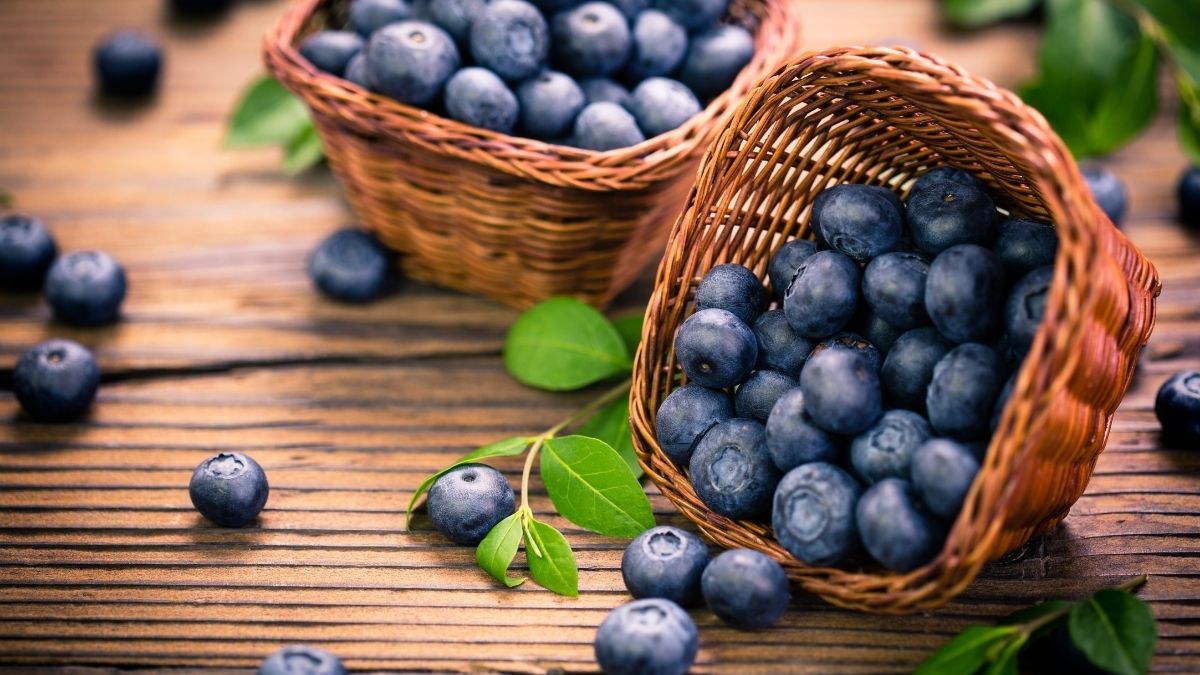
Berries are loaded with anthocyanins and ellagic acid. These antioxidants stop cancer cells from growing and spreading.
A Harvard study followed 93,000 women for 18 years. Those who ate berries twice a week had 31% lower risk of pancreatic cancer. Blueberries showed the strongest protection.
How to prepare them: Eat them fresh when possible. Frozen berries work great too. Avoid added sugars.
Daily serving: 1/2 to 1 cup fresh berries.
Easy meal ideas: Add berries to yogurt or oatmeal. Blend into smoothies. Eat as afternoon snacks.
3. Tomatoes and Tomato Products
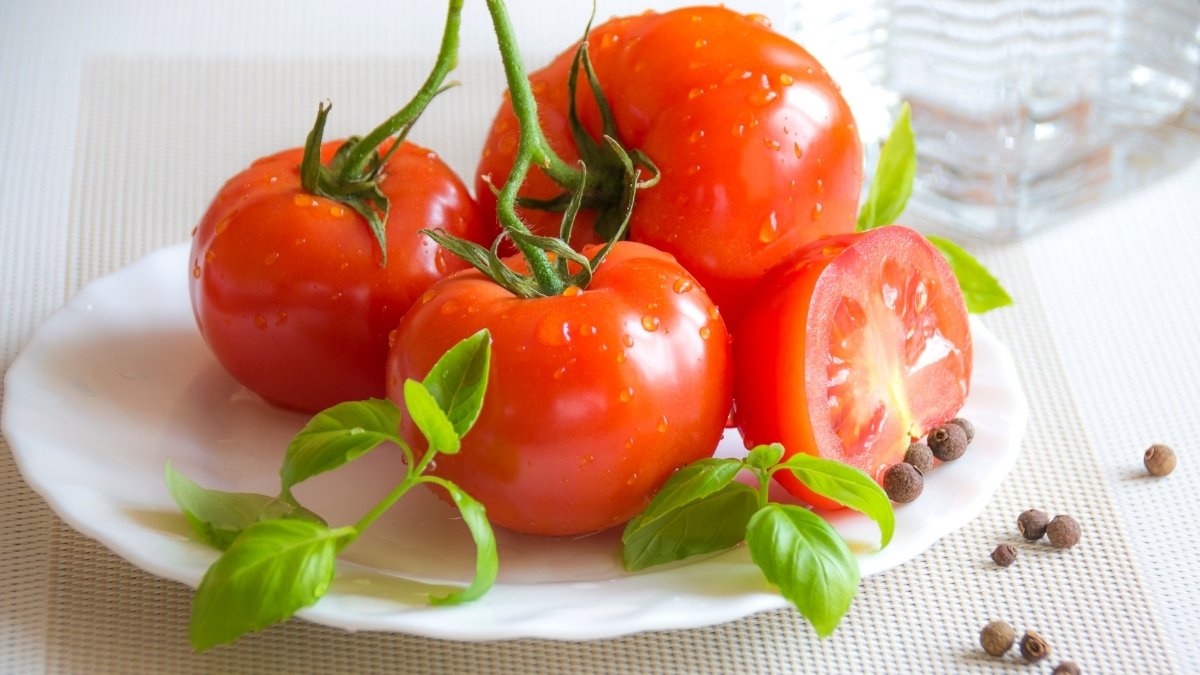
Tomatoes contain lycopene, a powerful antioxidant. It’s especially good at fighting prostate cancer in men.
Research from Harvard shows men who eat tomato products 10+ times per week have 35% lower prostate cancer risk. Cooked tomatoes work better than raw ones.
How to prepare them: Cook tomatoes to boost lycopene. Try tomato sauce, paste, or soup. Add a little olive oil to help absorption.
Daily serving: 1 medium fresh tomato or 1/2 cup tomato sauce.
Easy meal ideas: Use tomato sauce on pasta. Add diced tomatoes to eggs. Make homemade salsa.
4. Leafy Greens (Spinach, Kale, Arugula)
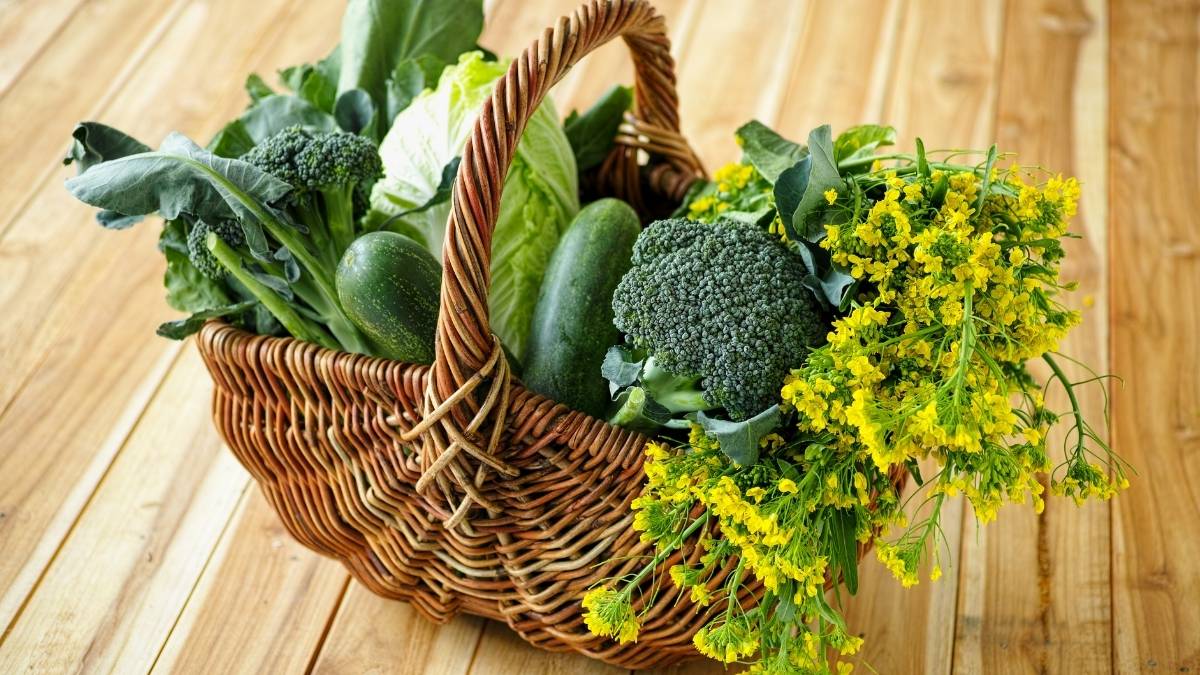
Dark leafy greens contain folate, carotenoids, and flavonoids. These nutrients repair damaged DNA and slow cancer cell growth.
A study in the American Journal of Clinical Nutrition found that eating leafy greens daily reduced stomach cancer risk by 57%.
How to prepare them: Use raw in salads or lightly sauté. Don’t overcook – this destroys nutrients.
Daily serving: 2-3 cups raw greens or 1 cup cooked.
Easy meal ideas: Add spinach to smoothies. Use kale in soups. Make arugula salads with lemon dressing.
5. Fatty Fish (Salmon, Mackerel, Sardines)
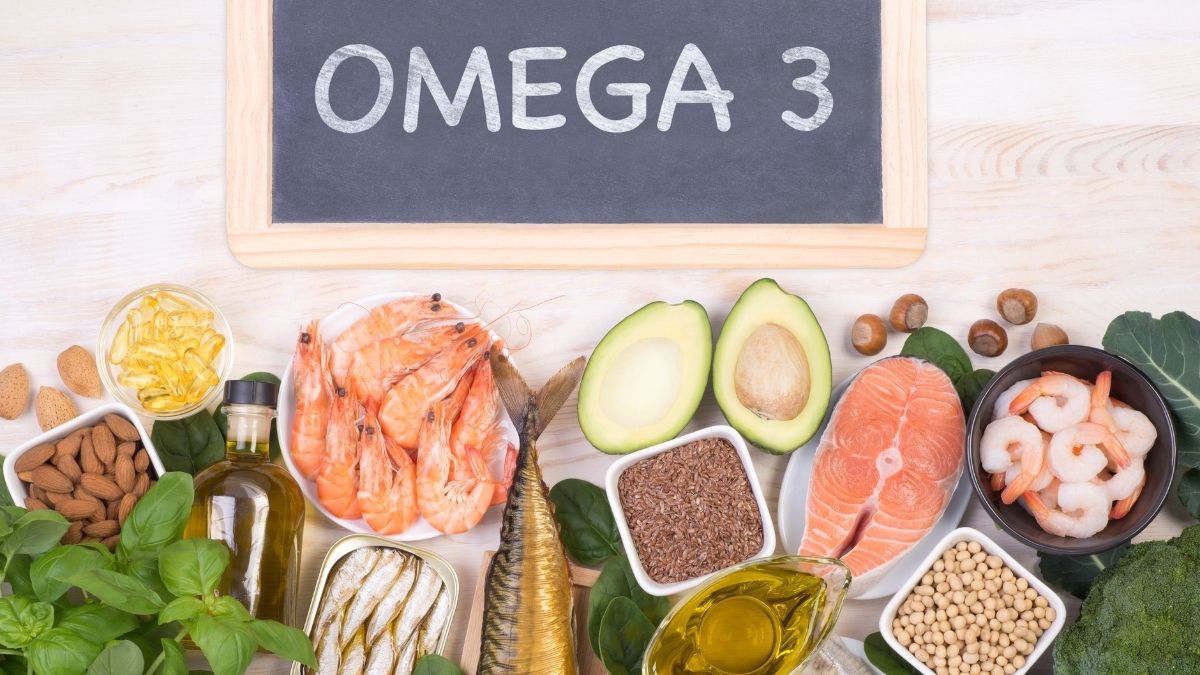
These fish provide omega-3 fatty acids, especially EPA and DHA. They reduce inflammation that can lead to cancer.
Japanese studies show people who eat fish 3+ times per week have 50% lower colorectal cancer rates. The omega-3s also protect against breast cancer.
How to prepare them: Bake, grill, or poach. Avoid frying, which adds harmful compounds.
Daily serving: 3-4 ounces (palm-sized portion) 2-3 times per week.
Easy meal ideas: Bake salmon with herbs. Add canned sardines to pasta. Grill mackerel with lemon.
6. Nuts and Seeds (Walnuts, Flaxseeds, Chia)
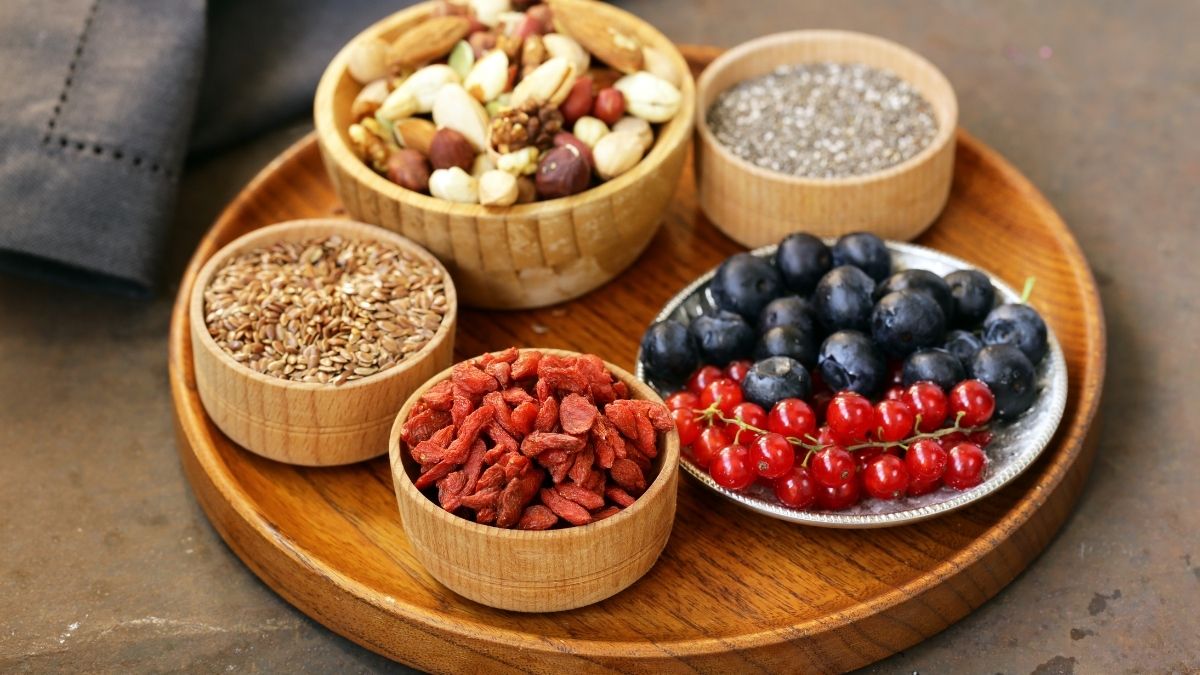
Nuts and seeds contain vitamin E, selenium, and healthy fats. Walnuts have the most omega-3s of any nut.
The Nurses’ Health Study found women who ate nuts twice a week had 35% lower pancreatic cancer risk. Flaxseeds may help prevent breast cancer in women.
How to prepare them: Eat raw or lightly toasted. Grind flaxseeds for better absorption.
Daily serving: 1 ounce nuts (small handful) or 1 tablespoon ground flaxseed.
Easy meal ideas: Add walnuts to salads. Sprinkle flaxseed on yogurt. Blend chia seeds into smoothies.
7. Green Tea
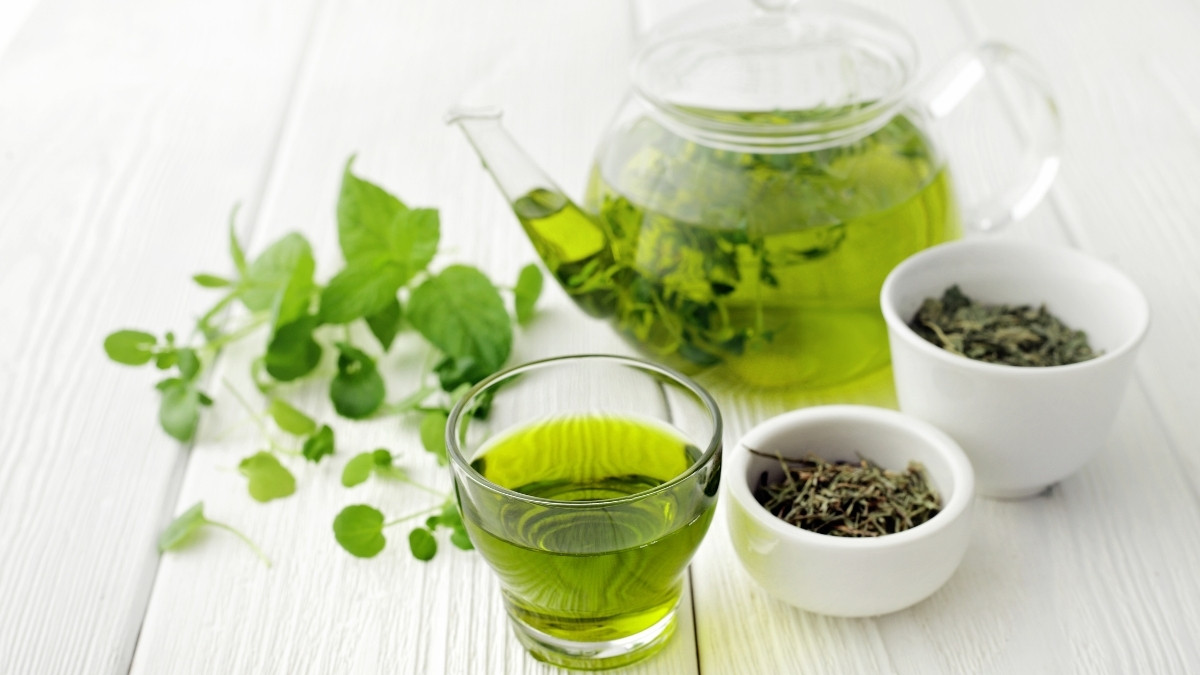
Green tea contains EGCG (epigallocatechin gallate), a potent antioxidant. It stops cancer cells from forming blood vessels they need to grow.
Asian studies show green tea drinkers have 20-30% lower cancer rates. The protection is strongest for stomach, breast, and lung cancers.
How to prepare it: Steep tea bags for 3-5 minutes in hot (not boiling) water. Don’t add milk – it blocks antioxidants.
Daily serving: 2-3 cups throughout the day.
Easy incorporation: Replace one coffee with green tea. Drink a cup before meals. Try iced green tea in summer.
8. Turmeric and Curcumin
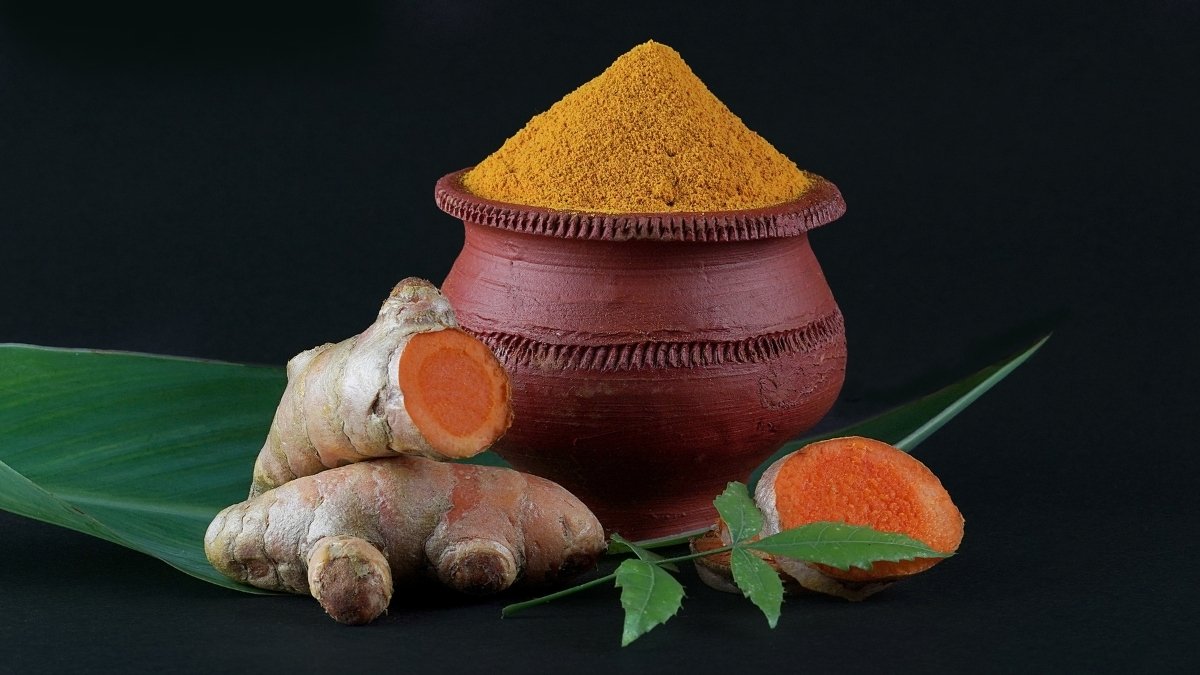
Turmeric contains curcumin, which fights inflammation and prevents cancer cell growth. It works especially well against colon cancer.
Indian studies show turmeric users have much lower cancer rates. Lab studies prove curcumin stops tumors from forming.
How to prepare it: Use fresh or dried turmeric in cooking. Add black pepper to increase absorption by 2000%.
Daily serving: 1/4 to 1/2 teaspoon per day.
Easy meal ideas: Add turmeric to rice dishes. Make golden milk with turmeric and almond milk. Season roasted vegetables.
9. Garlic and Onions
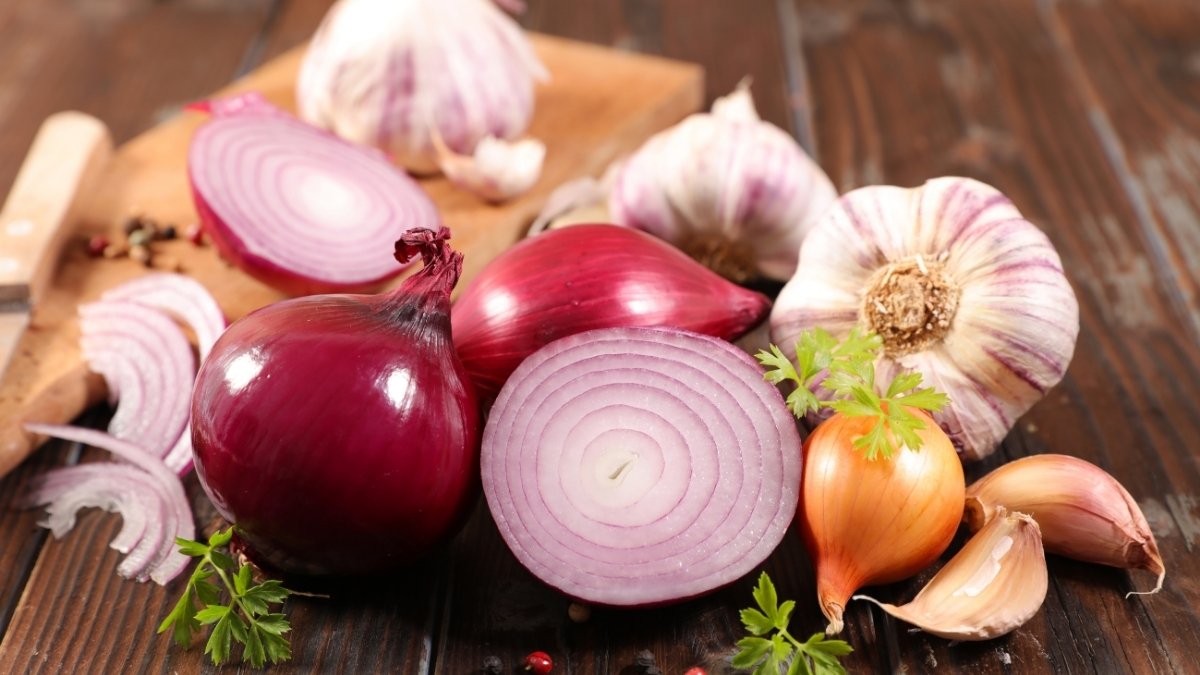
These contain sulfur compounds that boost your immune system and help destroy cancer cells. They’re especially protective against stomach and colon cancers.
The Iowa Women’s Health Study found women who ate garlic weekly had 50% lower colon cancer risk. Onions showed similar benefits.
How to prepare them: Chop garlic and let it sit 10 minutes before cooking. This activates the helpful compounds.
Daily serving: 1-2 garlic cloves or 1/4 cup chopped onions.
Easy meal ideas: Add minced garlic to everything. Use onions in soups and stews. Roast garlic with vegetables.
10. Citrus Fruits
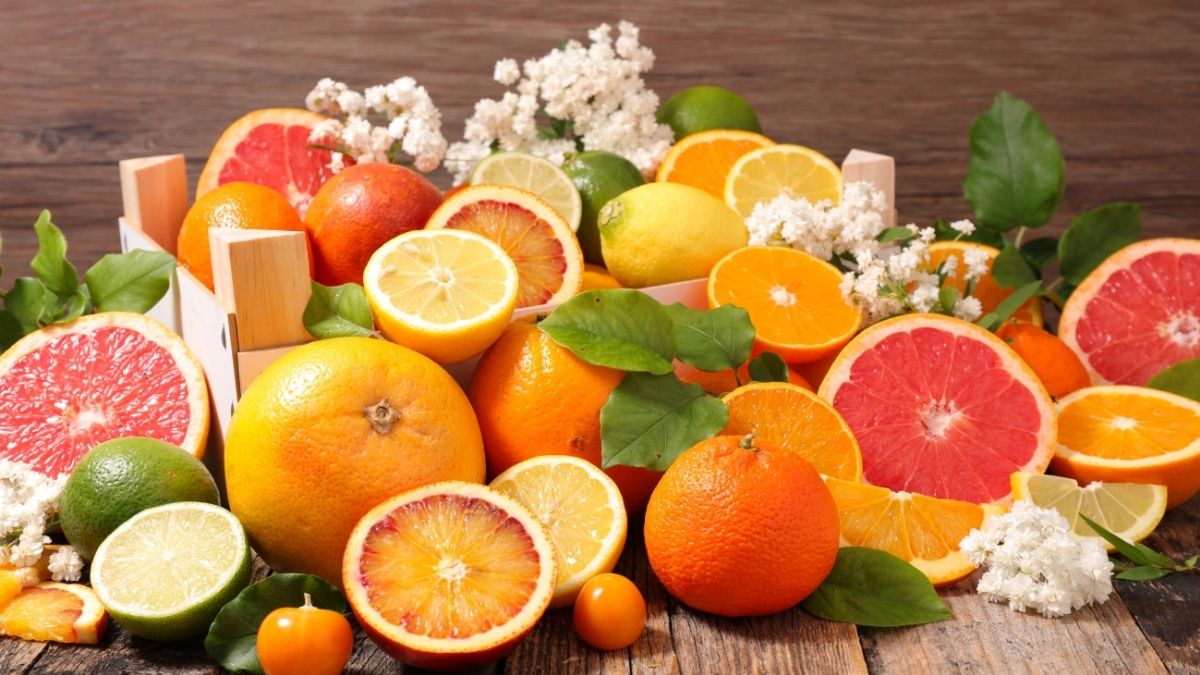
Oranges, lemons, and grapefruits contain vitamin C and limonene. These compounds strengthen your immune system and prevent DNA damage.
A review of 50 studies found citrus fruit eaters had 10-15% lower cancer risk. The protection was strongest for digestive system cancers.
How to prepare them: Eat whole fruits rather than juice. The fiber helps too.
Daily serving: 1 medium orange or 1/2 grapefruit.
Easy meal ideas: Eat oranges as snacks. Add lemon to water. Use citrus zest in cooking.
11. Sweet Potatoes
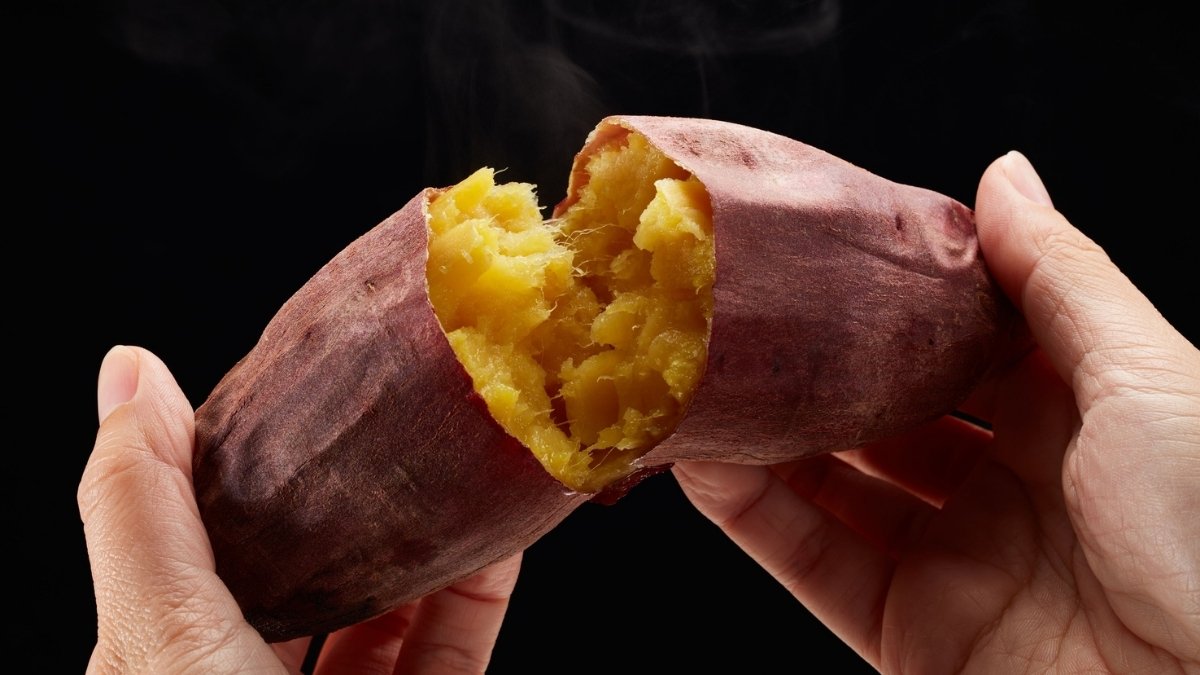
Sweet potatoes provide beta-carotene, which your body turns into vitamin A. This nutrient protects cells from damage.
Studies show people with high beta-carotene levels have lower lung cancer rates, even among smokers. Sweet potatoes have more beta-carotene than carrots.
How to prepare them: Bake, roast, or steam. Keep the skin on for extra fiber and nutrients.
Daily serving: 1 medium sweet potato 3-4 times per week.
Easy meal ideas: Bake sweet potato fries. Add diced sweet potato to soups. Mash as a side dish.
12. Beans and Legumes
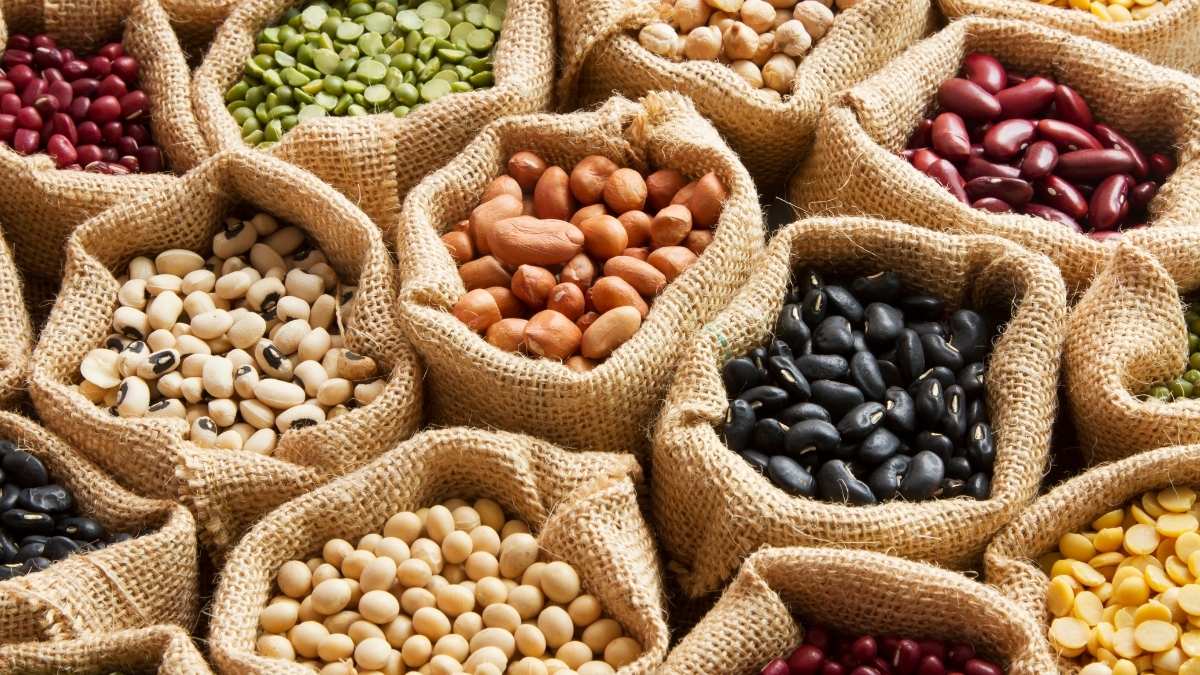
Beans contain fiber, folate, and protease inhibitors. These compounds remove toxins and prevent cancer cell growth.
The American Cancer Society found people who eat beans 4+ times per week have 22% lower colon cancer risk. Beans also help maintain healthy weight.
How to prepare them: Use canned beans (rinse first) or cook dried beans. Both work well.
Daily serving: 1/2 cup cooked beans 4-5 times per week.
Easy meal ideas: Add beans to salads and soups. Make bean-based chili. Use black beans in tacos.
13. Mushrooms (Shiitake, Maitake, Reishi)

Mushrooms contain beta-glucans that boost immune function. They help your body find and destroy cancer cells.
Chinese studies show mushroom eaters have 64% lower breast cancer risk. Shiitake mushrooms work especially well.
How to prepare them: Sauté, roast, or add to soups. Cook mushrooms to make nutrients more available.
Daily serving: 3-4 ounces fresh mushrooms 2-3 times per week.
Easy meal ideas: Add mushrooms to pasta dishes. Use in stir-fries. Make mushroom soup.
14. Dark Chocolate (70%+ Cacao)

Dark chocolate contains flavonoids that protect cells from damage. It also has compounds that may slow tumor growth.
European studies show moderate chocolate eaters have lower cancer rates than non-eaters. The key is choosing high-cacao chocolate.
How to prepare it: Eat small amounts of 70%+ cacao chocolate. Avoid milk chocolate or added sugars.
Daily serving: 1 ounce (small square) 3-4 times per week.
Easy incorporation: Eat as afternoon treat. Add cocoa powder to smoothies. Use in healthy baking recipes.
15. Olive Oil (Extra Virgin)
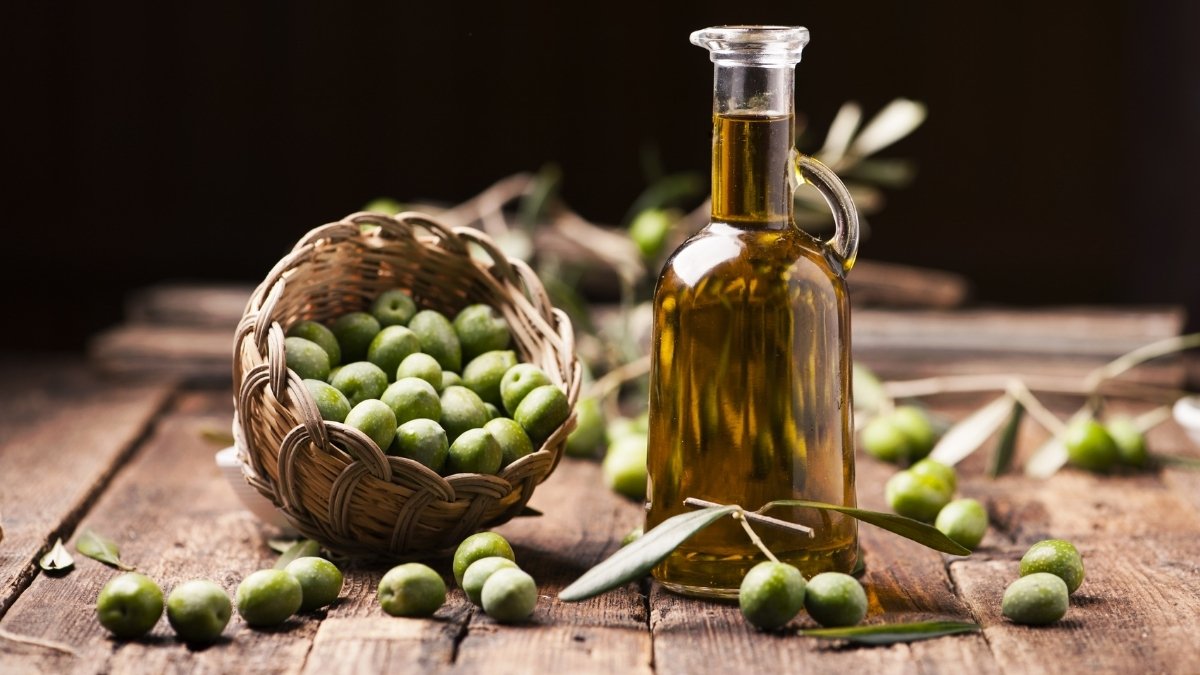
Extra virgin olive oil contains oleic acid and phenolic compounds. These reduce inflammation and protect DNA from damage.
Mediterranean diet studies show olive oil users have 9% lower cancer risk. The protection is strongest against breast and digestive cancers.
How to prepare it: Use for cooking at medium heat or in salad dressings. Store in dark, cool places.
Daily serving: 1-2 tablespoons per day.
Easy meal ideas: Drizzle on vegetables before roasting. Use in salad dressings. Cook eggs in olive oil.
Your Action Plan
Start with 3-4 foods from this list. Add one new food each week until you’re eating most of them regularly. Focus on variety – different colors provide different protective compounds.
Remember: These foods work best together as part of a healthy lifestyle. Combine them with regular exercise, adequate sleep, and stress management for maximum cancer protection.
Talk to your healthcare team about the best cancer prevention plan for you. These foods support your overall health but aren’t substitutes for medical care or screening.




